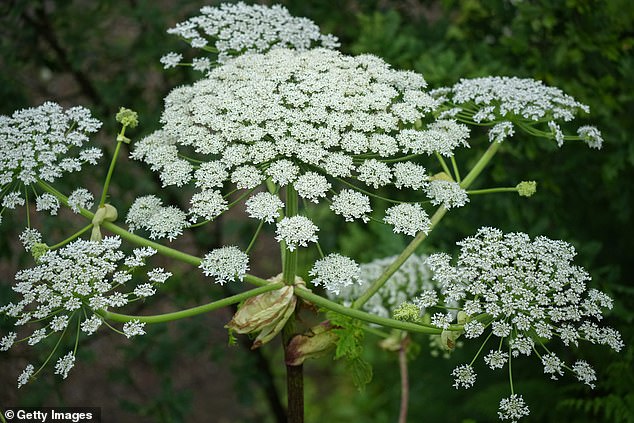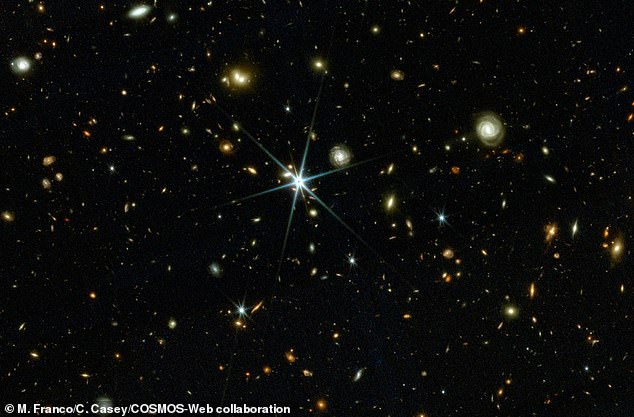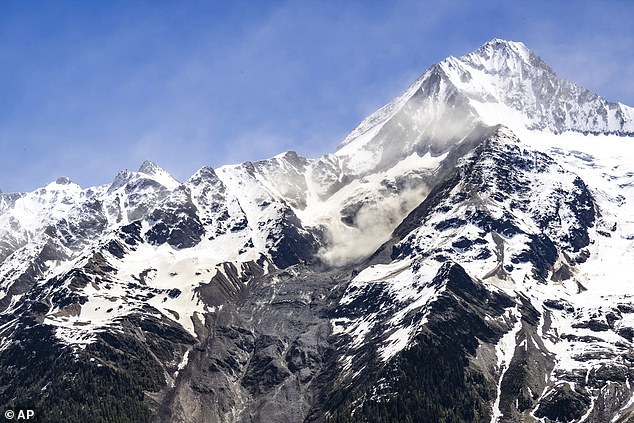interactive
Interactive Giant Hogweed Map Tracks UK Hotspots of Toxic Plant Spread
Giant Hogweed: UK’s Toxic Plant and How to Avoid It Giant hogweed, dubbed the “most dangerous plant in Britain,” poses serious health risks despite its deceptively harmless appearance. Introduced in the 19th century as an ornamental plant, this invasive species’ sap can cause severe burns, blistering, and even blindness if it contacts skin or eyes. […]
Navigate the Cosmos: Interactive Map Unveils 800,000 Galaxies Across 13.5 Billion Light-Years
Explore the Universe from Home: COSMOS-Web Reveals 800,000 Galaxies Studying the cosmos no longer requires billion-dollar telescopes or supercomputers. Scientists have launched COSMOS-Web, an interactive map allowing anyone to explore nearly 800,000 galaxies, glimpsing back 13.5 billion years—just 300 million years after the Big Bang. Spanning an area equivalent to three full moons in the […]
Swiss Villages Threatened by Melting Birch Glacier; Interactive Map Warns of Endangered Glaciers Worldwide
Switzerland’s Shrinking Glaciers Signal Global Crisis: Interactive Map Reveals Disappearing Ice [Image: Birch Glacier collapse debris in Blatten, Switzerland] A recent collapse of Switzerland’s Birch Glacier, which destroyed part of Blatten village, highlights the accelerating threat of glacier loss. In response, scientists from Rice University have launched the Global Glacier Casualty List—an interactive map tracking […]
"Unveiling Ocean Mysteries: Interactive Dive into Hidden Depths and Unexplored 99.999%"
This title retains the intrigue of the original while emphasizing interactivity, mystery, and the staggering scale of uncharted ocean terrain.
The Uncharted Depths: Over 99% of Earth’s Ocean Remains Unexplored Despite decades of exploration, the deep ocean—defined as waters deeper than 200 meters (656 feet)—remains one of Earth’s greatest mysteries. A study in Science Advances reveals that 99.999% of this vast realm is still unexplored, with only a fraction of its ecosystems and species documented. […]


